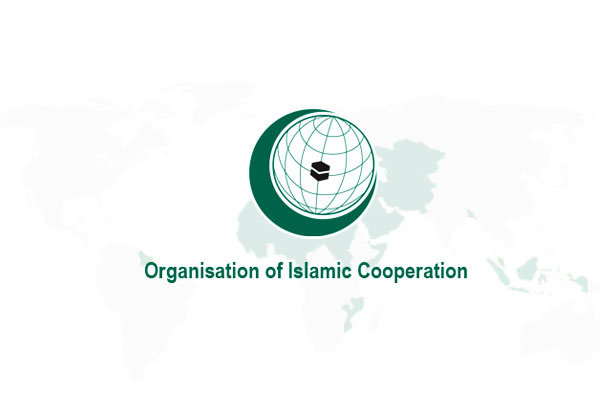Kuwait's Foreign Ministry sources told Kuwait News Agency (KUNA) that this country backed a Saudi Arabia's proposal so that ICO's foreign ministers would meet in Jeddah - the ICO's headquarters - and discuss the presence in excess of Israeli soldiers and extremist settlers in Jerusalem.
Kuwait's first deputy Prime Minister and Foreign Minister, Sheikh Sabah Al-Khaled Al-Hamad Al-Sabah, said that his country praises those efforts and contacts made by the Guardian of the Two Holy Mosques, king Salman bin Abdulaziz of Saudi Arabia.
Al-Sabah, who is currently holding the presidential post of the ICO Ministerial Council, added that he held telephone conversations separately with the ICO and Arab League secretary generals, Iyad Ameen and Nabil El-Arabi, respectively.
In both conversations, Kuwait's foreign minister made consultations and explored the common willingness for holding a meeting as soon as possible, in order to demand strong actions from the international community, chiefly the UN, for stopping the Israeli offensive in the holy city.
Al-Sabah stressed that Kuwait urges the international community to assume their humanitarian and moral responsibilities to stop the constant aggressions on sacred Muslim sites, which represent a violation of the international law and destroy the peace process in the Middle East.
ICO also condemned the bad and unacceptable treatment from Hungarian police by using tear gases, water trucks and sticks to disperse Syrian refugees who were protesting to be allowed entrance in that country from Serbia.
The Islamic entity called the Budapest government to respect the humanitarian international right of those who escaped from war into their country, and praised the positive action of the European Parliament which agreed to give shelter to about 120,000 displaced who are currently in Italy, Greece, and Hungary.
sus/ajs/rc/ucl
PL-16/MNA
